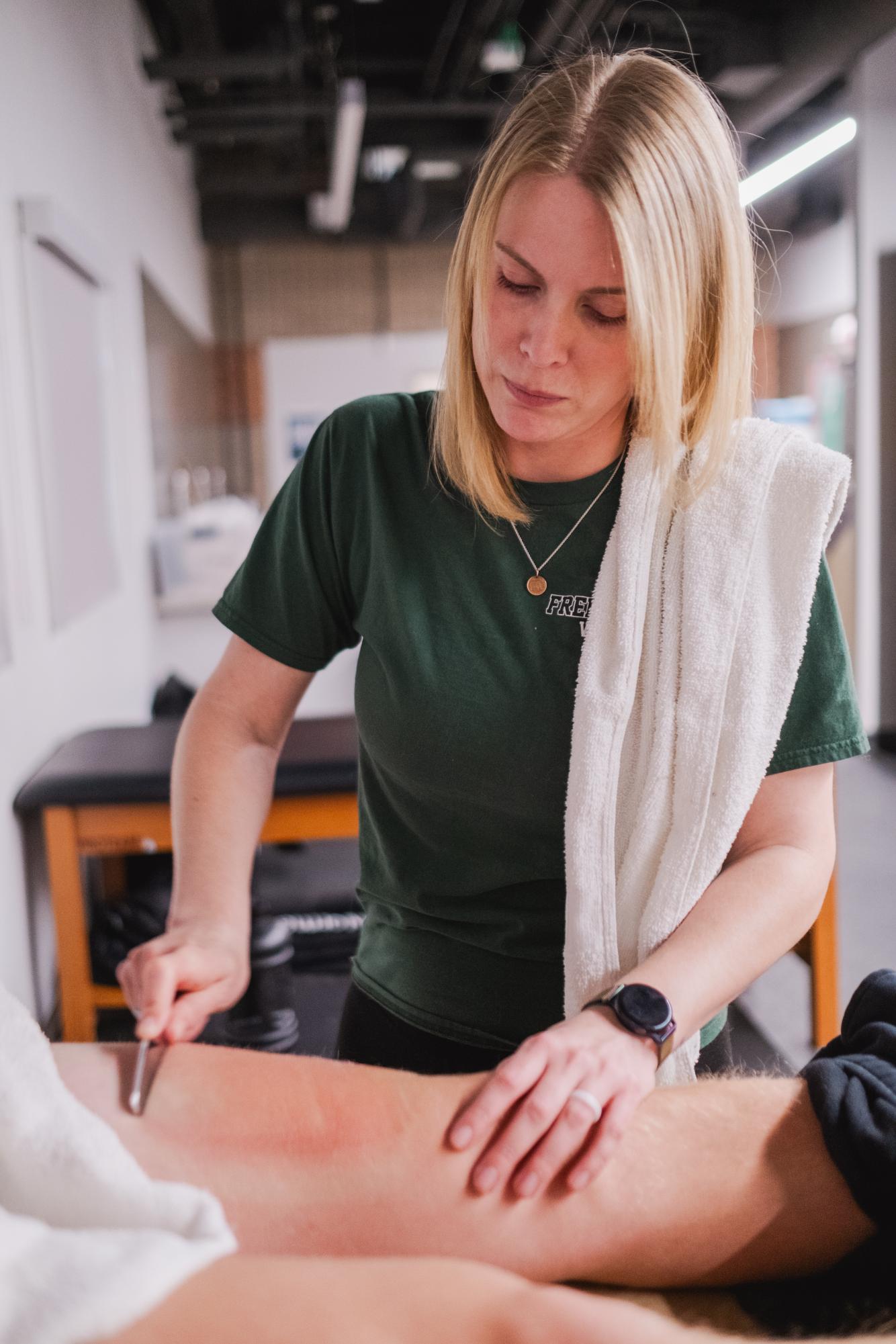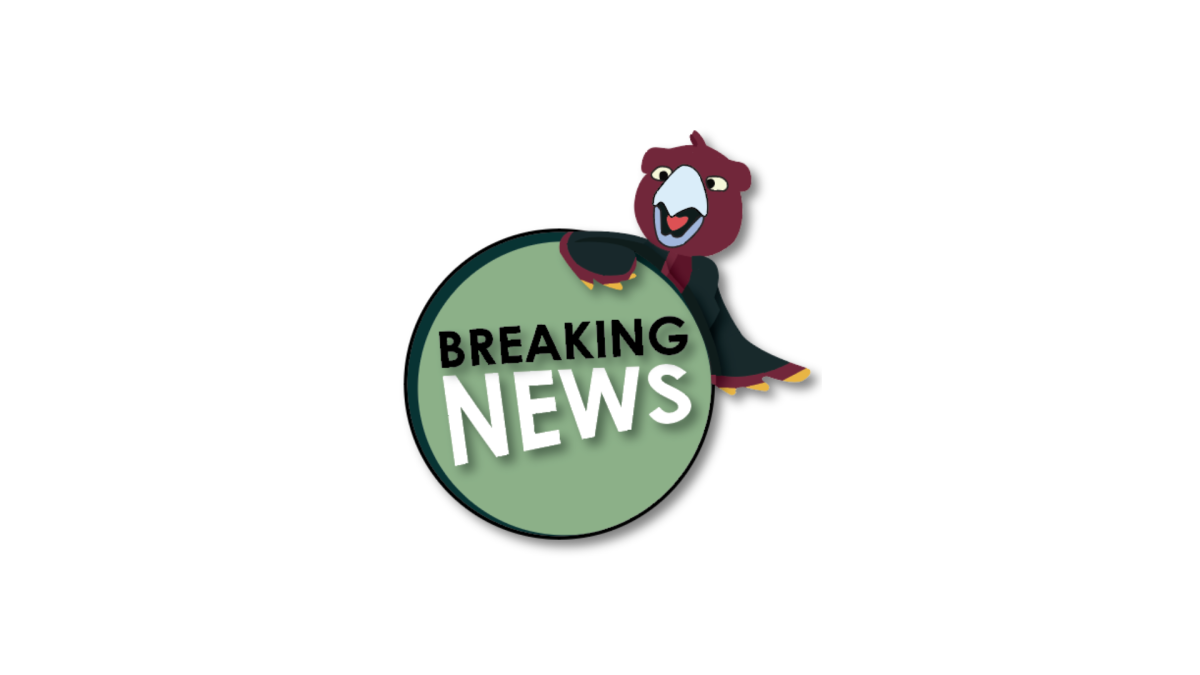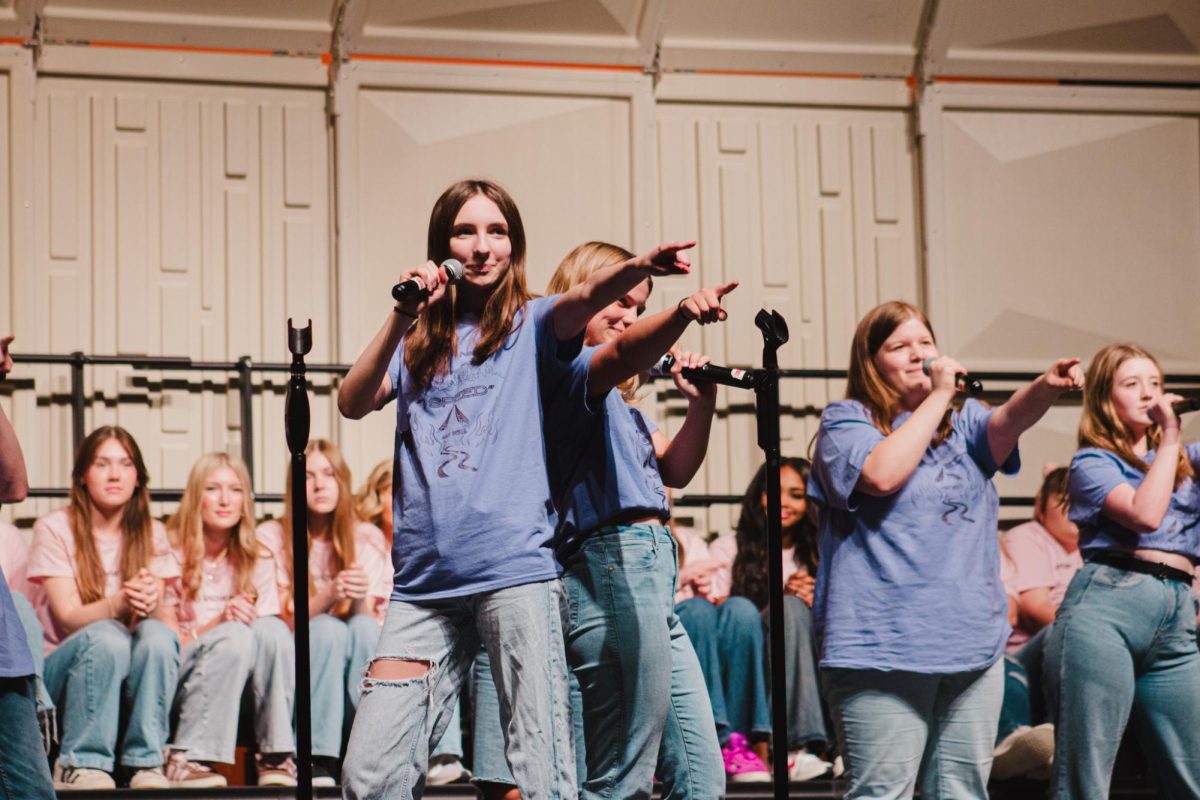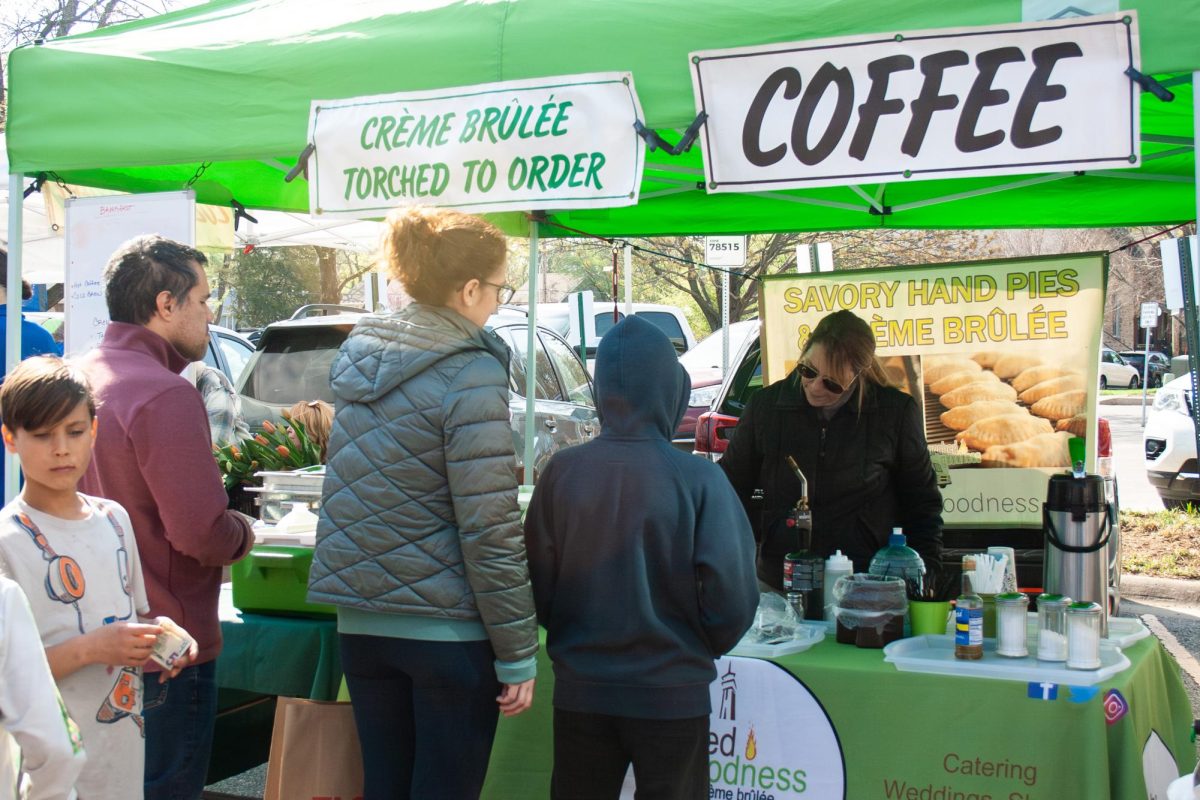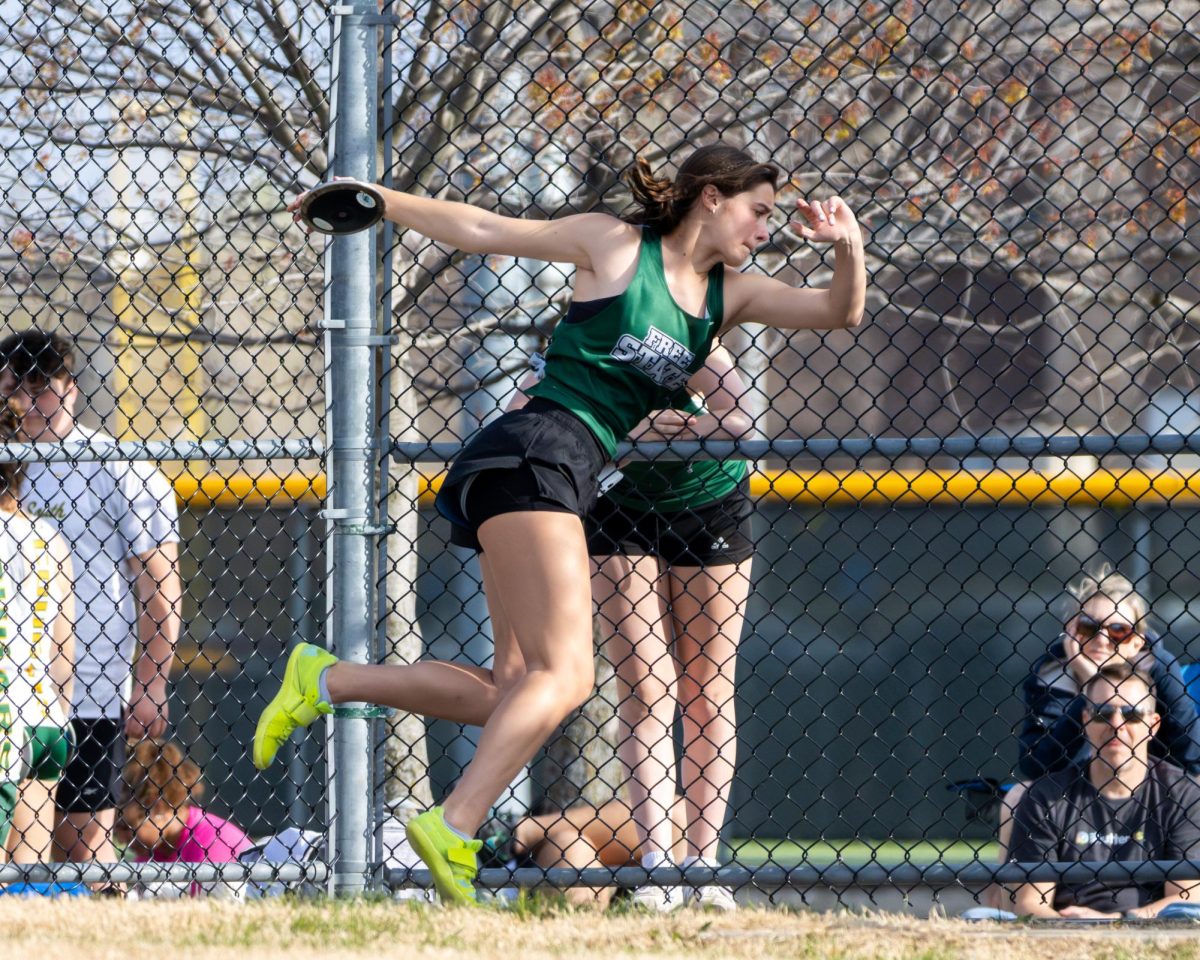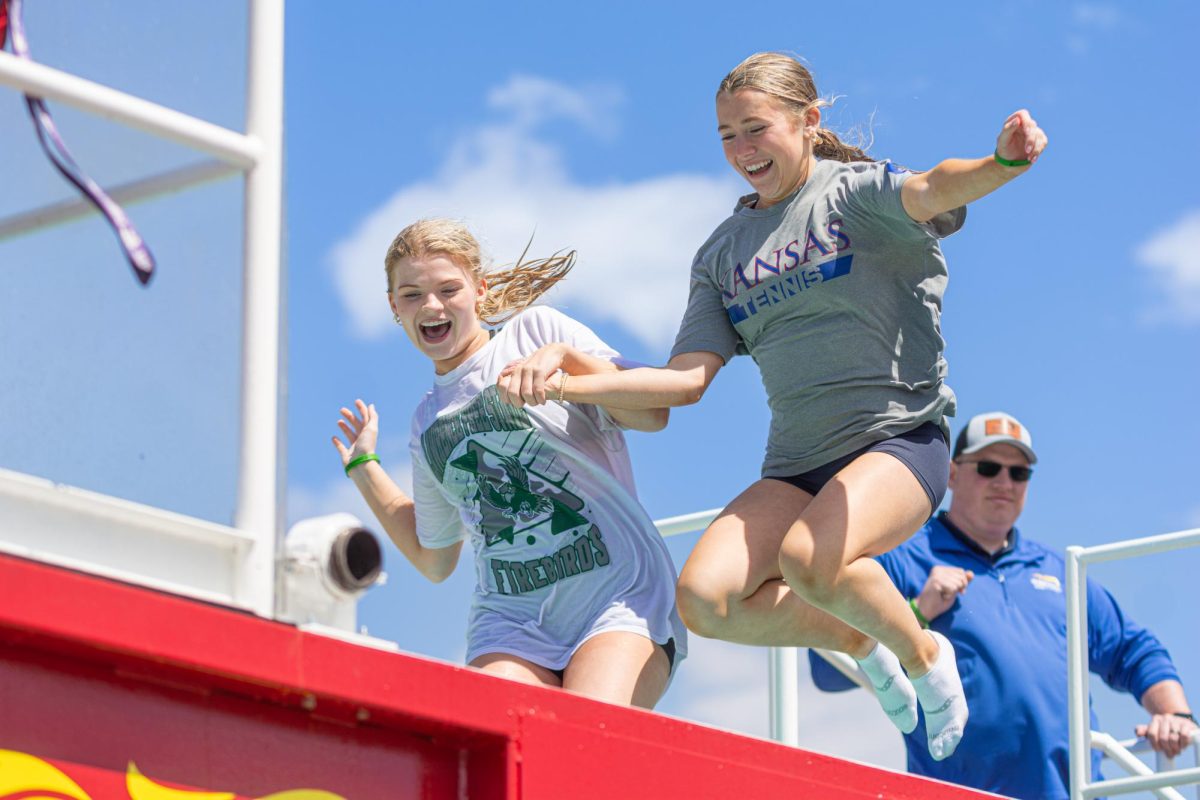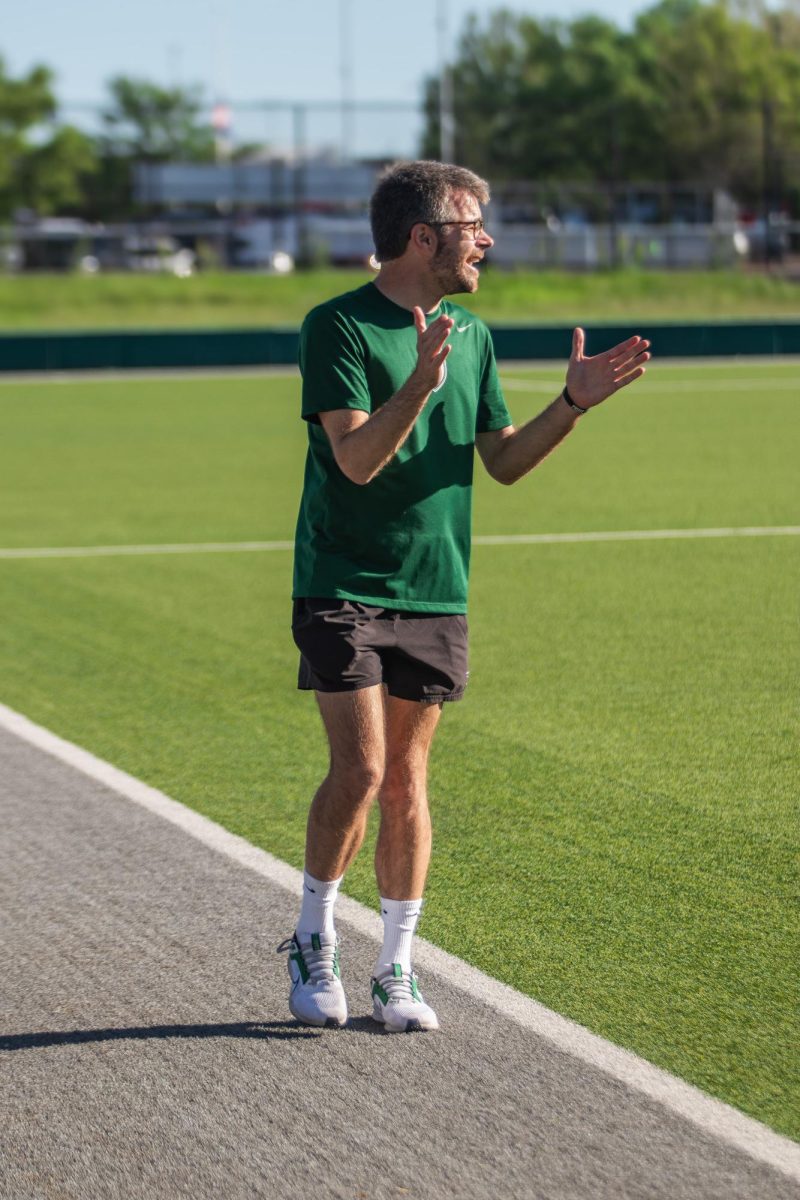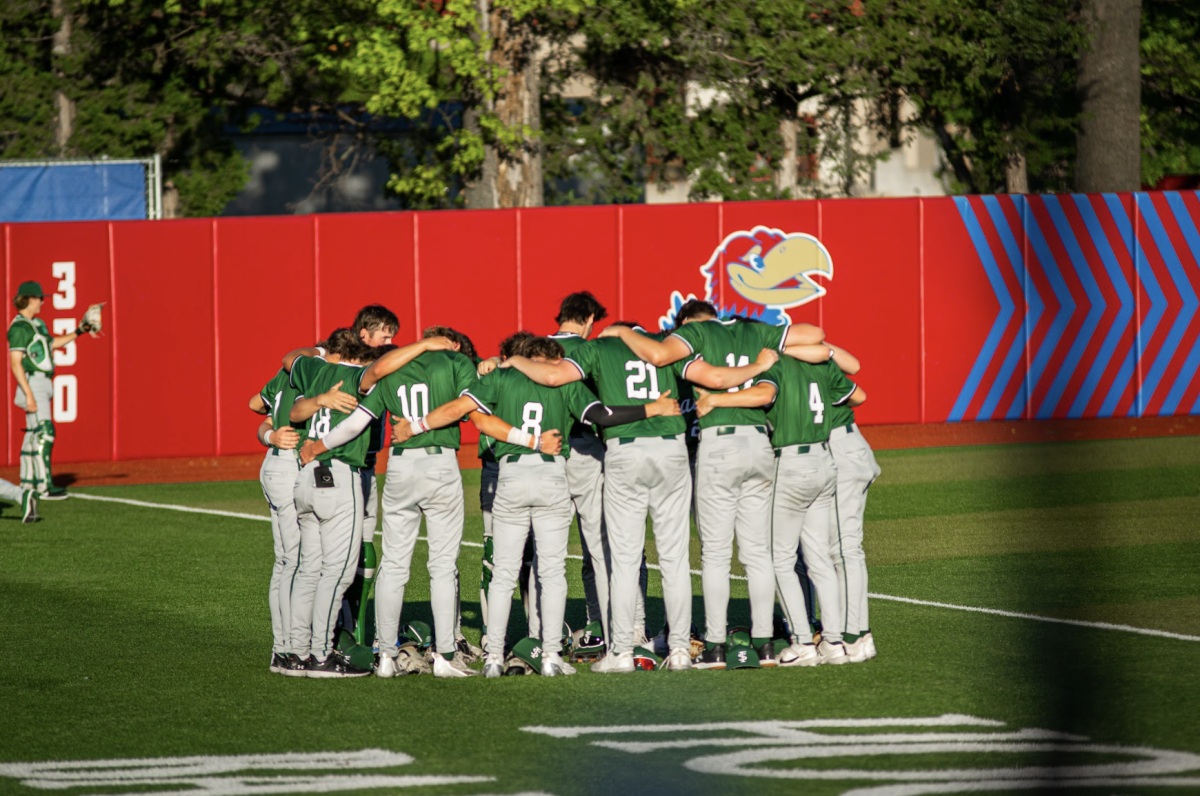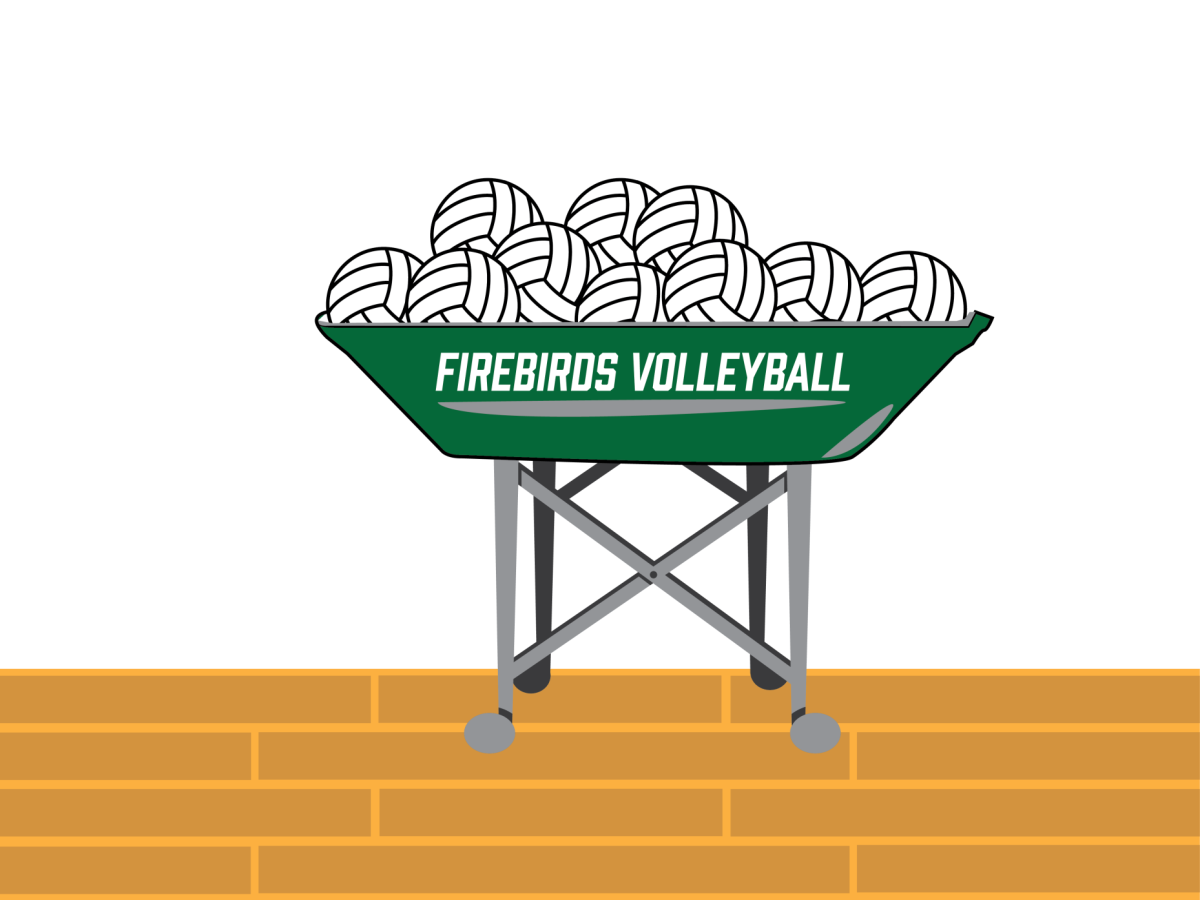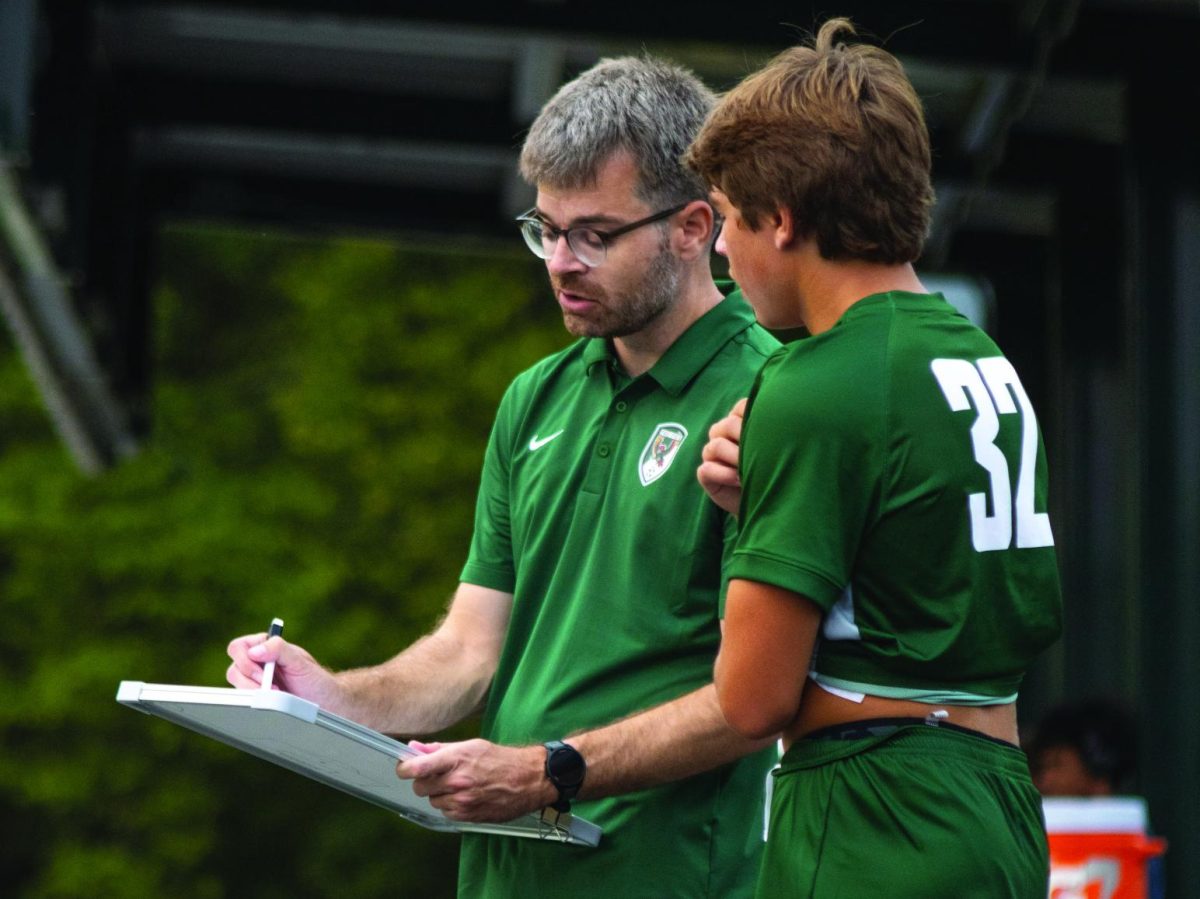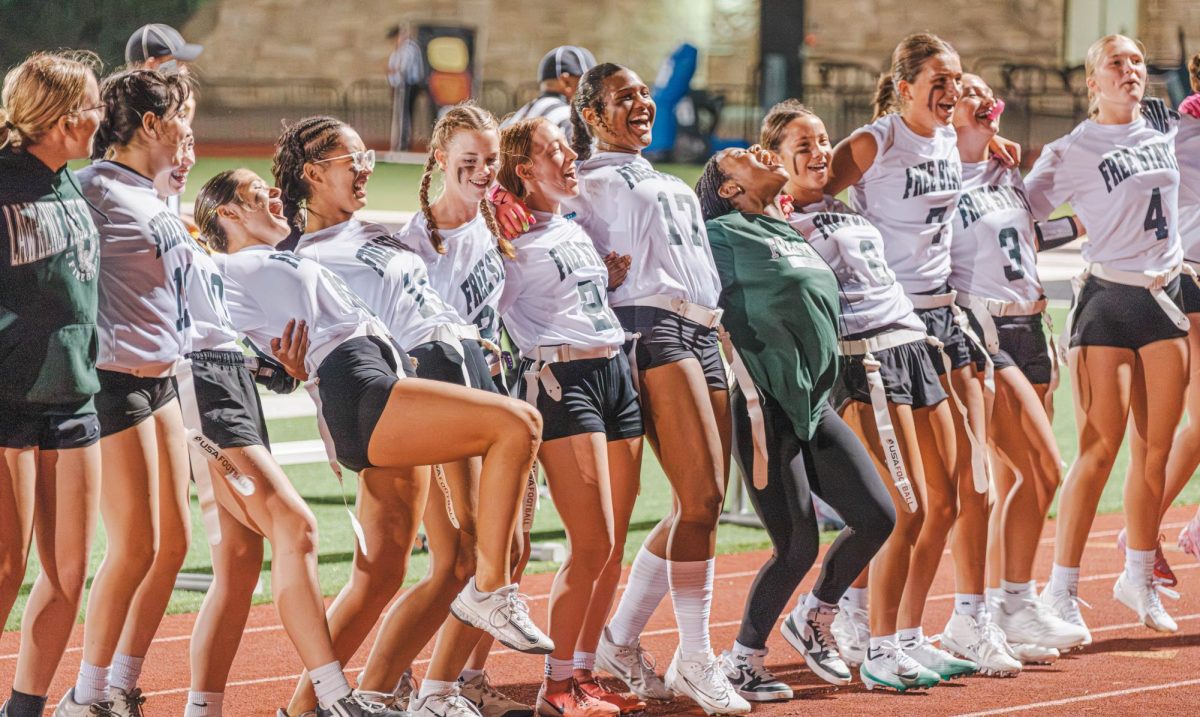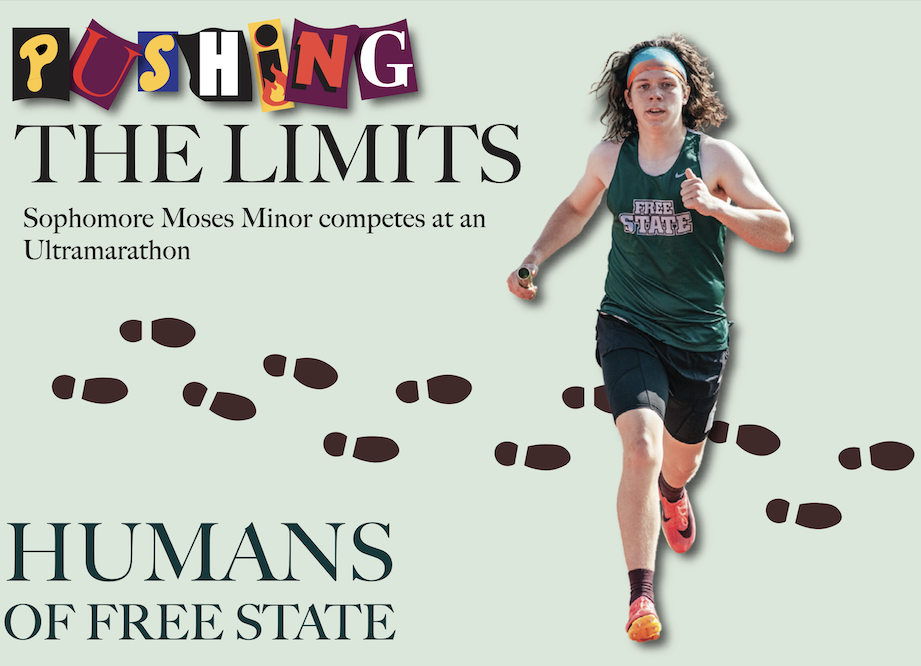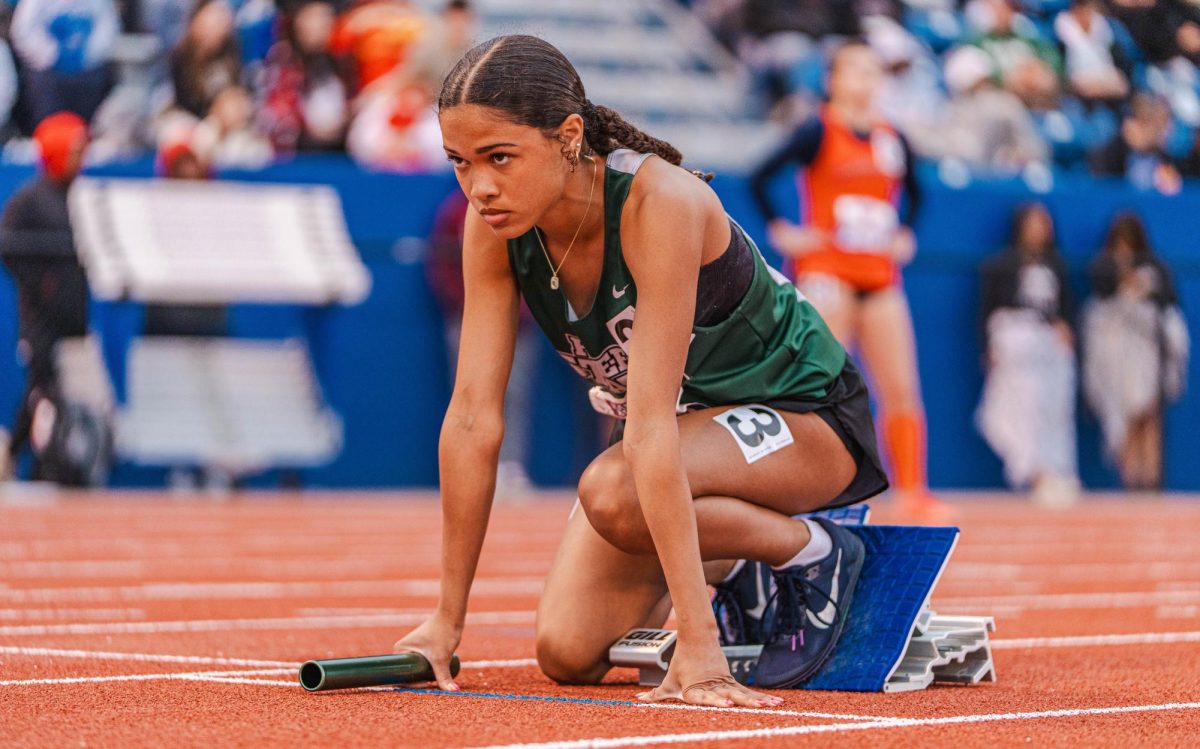Severe injuries like a torn ACL can cause an abrupt end to athletes’ careers. According to Beaumont Health approximately 100,000–200,000 ACL ruptures occur each year, most common in athletes. Recovery times differ from six months to one year, usually requiring surgery, bracing and physical therapy.
Many athletes miss vital training time, games and struggle with mental health issues due to injuries. Although extra training and stretching are done to prevent accidents, participating in sports can increase the risk of getting hurt.
Freshman and cheerleader Maddy Goos tore her ACL and meniscus after a bad landing while practicing her tumbling skills at the beginning of the year. Goos had surgery and is currently doing physical therapy to regain strength. Her recovery time of nine to 12 months cut her season short, as she only got to participate in cheer camp and the last game of the year with restrictions.
“Too often athletes are overcome with this constant pressure of competitiveness amongst their peers and themselves to push themselves above and beyond,” Cheer coach Dena Johnston said. “Knowing how to protect and prevent injuries should be an important part of every physical activity because it not only helps you achieve your training goals but also keeps you healthy and safe.”
Goos said that although injuries aren’t always preventable, there are ways to decrease the risk in sports. Goos said that as an athlete, it’s essential to give your body time to recover. Practicing correct form, strengthening muscles outside of practice and stretching are ways to prevent injury. Goos also mentioned that it’s crucial for athletes not to play through the pain and recognize when their body needs rest.
“Too often, athletes are overcome with this constant pressure of competitiveness amongst their peers and themselves to push themselves above and beyond,” Cheer coach Dena Johnston said. “Knowing how to protect and prevent injuries should be an important part of every physical activity because it not only helps you achieve your training goals but also keeps you healthy and safe.”
Moreover, serious injuries can interfere with daily tasks, athletes’ well-being and quality of life. Missing training time can also cause athletes to lose muscle and technique, reducing performance and confidence upon returning.
Goos said her injury has caused a decrease in her confidence about coming back next season. Although Goos continued supporting her teammates from the sidelines, she said it was hard to miss out on significant moments with her team, and she’s learned not to take anything for granted.
“Even though my teammates and everyone have been so supportive, it’s hard because I’m not doing the sport,” Goos said. “I feel like I’m missing out.”
Johnston inferred that athletes are not always accustomed to showing weakness and many try to fight through their feelings and push them aside.
“Mental health is an essential tool on and off the field, especially when athletes are often perceived with a stereotype of being strong and not needing any help or support system,” Johnston said.



